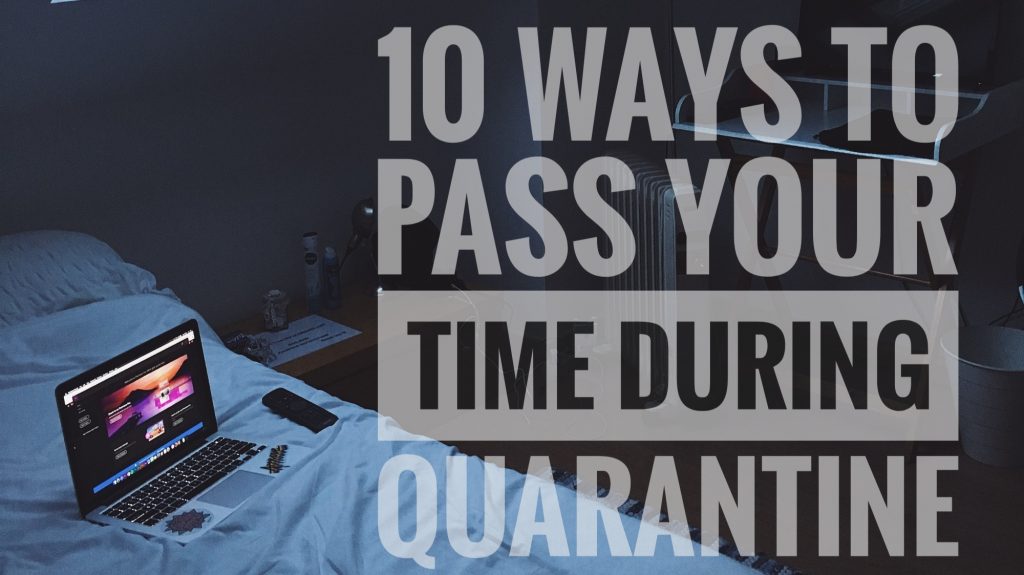Mark Zuckerberg, the CEO of Facebook has earlier said that they are about to create a ‘Supreme Court’ kind of board, that will be hearing appeals and have the ultimate say over the platform.
On Tuesday, Facebook has published new documents with the company’s plans for a content oversight board. Facebook said that it hopes to have a fully staffed board by the end of this year. Also, they explained how the board will operate and be governed.
In a blog post last November, Mark Zuckerberg expressed his plan to create a virtual Supreme Court for Facebook, which will be in charge of resolving and hearing all the appeals from users whose content has been removed from the platforms of Facebook.
The cases referred to it by the company itself will also be adjudicated.
Mark said, “The board will be an advocate for our community — supporting people’s right to free expression and making sure we fulfil our responsibility to keep people safe. As an independent organization, we hope it gives people confidence that their views will be heard, and that Facebook doesn’t have the ultimate power over their expression.”
The company has pledged to get the body fully operational by November of next year. The company declared the way of choosing the members and how they would influence moderation on the company’s platform earlier this week.

The board will begin with 11 members but is like;y to have 40 when fully staffed. Each member can only serve for nine years, with three 3-year terms. Though the positions are part-time, the board will also contain full-time staff to review submissions and also to conduct research. The names of the members and moderation decisions are also likely to be made public through an online database.
The board may also be split into panels like departments to address specific issues. They are also going to take people from diverse backgrounds.
“Members must not have actual or perceived conflicts of interest that could compromise their independent judgment and decision-making,” the document reads. They must also have demonstrated “familiarity with matters relating to digital content and governance, including free expression, civic discourse, safety, privacy, and technology.”
The board is supposed to have the final say in any decisions, even if any of the company’s members or even Mark disagrees.
Although the details of members would be made public, the details of a particular case will not be revealed if it questions the safety of the members. The privacy of the users will also be deeply concerned.

